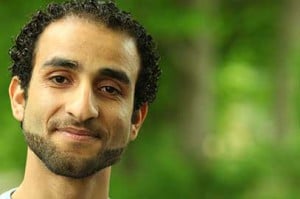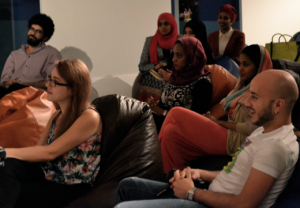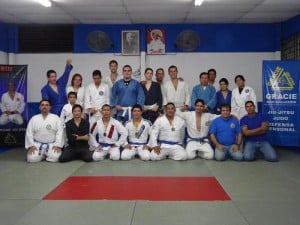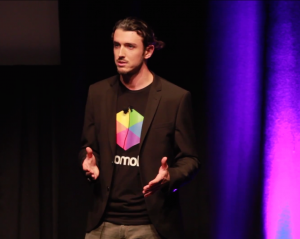In the spirit of Martin Luther King, Jr. Day, we are re-posting an article from Fulbright Foreign Student and 2014 Fulbright-Millennial Trains participant from Yemen Ammar Mohammed, whose research in sustainable development focuses on promoting the leadership and entrepreneurship of African-Yemenis – a marginalized population in Yemen. We hope the Fulbright community is inspired by Ammar Mohammed’s – and Martin Luther King, Jr.’s – work in promoting positive change within their communities.
We are living the most technologically advanced generation of all times – yet have some of the most pressing challenges in the history of humanity – be it economic, environmental, social, or political. As a Fulbright Student in sustainable development, I always contemplate the solutions for those challenges. I believe that a sustainable solution is a combination of addressing the above challenges. I see social entrepreneurship as the key to solving economic and social challenges—putting into account preserving the environment—that creates new markets and promotes social integration and participation. Entrepreneurs are leaders who transform communities. Entrepreneurs can also multiply their impact by lobbying the government for more support for young people and legislation that encourages entrepreneurial ideas. I believe that this hybrid model of social entrepreneurship and policy advocacy will be my first priority to tackling present challenges.
During the past year, I’ve come to see how this generation has diversified mindsets. There is a tendency to change the status quo through various means available exclusively to the Millennial generation. There are numerous campaign initiatives to improve the life of the less fortunate and for social justice around the world. The most striking aspect, however, is that this generation tends to shift entrepreneurship to be more socially oriented, using technology to that end. Social entrepreneurship, crowd-funding and impact investing show how a business can solve a social challenge and at the same time be profitable. In fact, this is one aspect I will definitely take back with me to Yemen and work to promote it.




